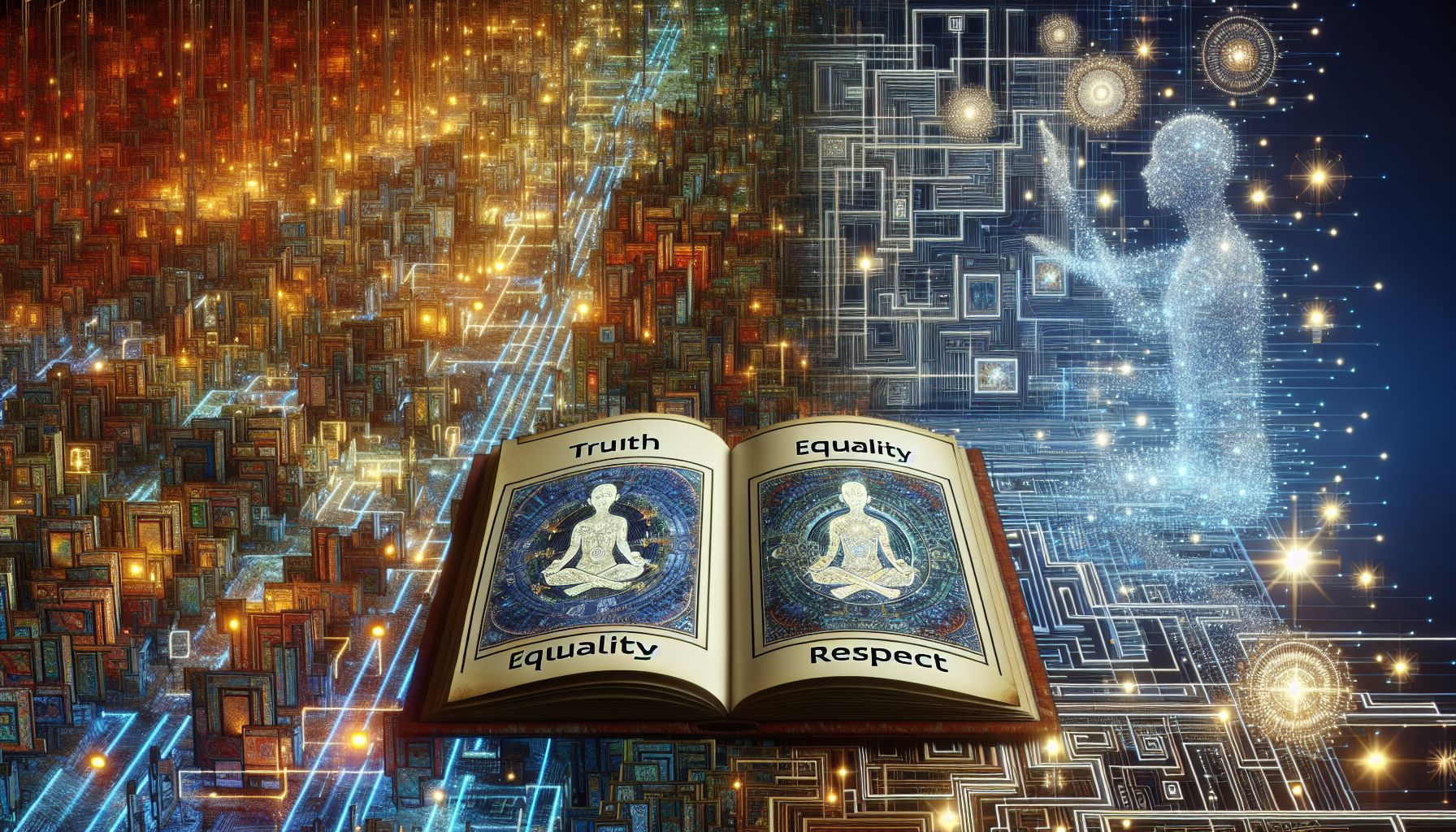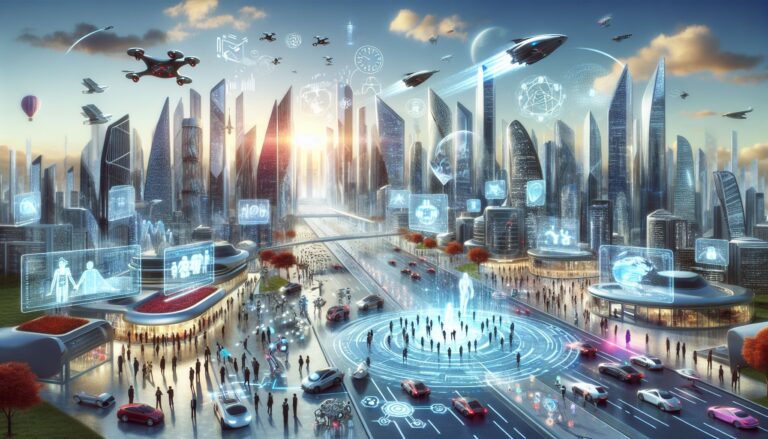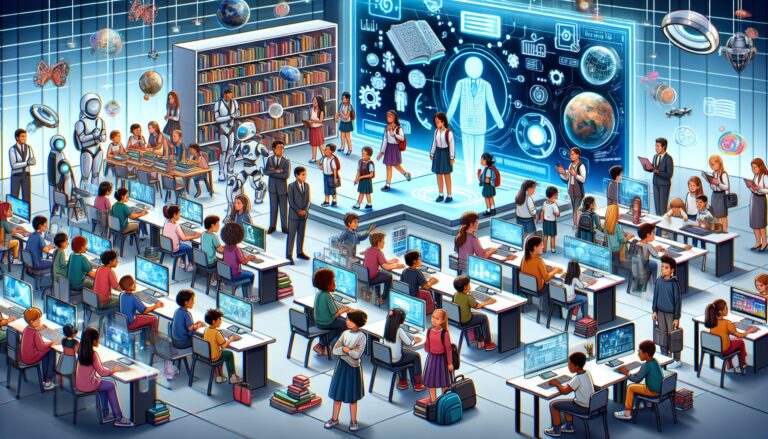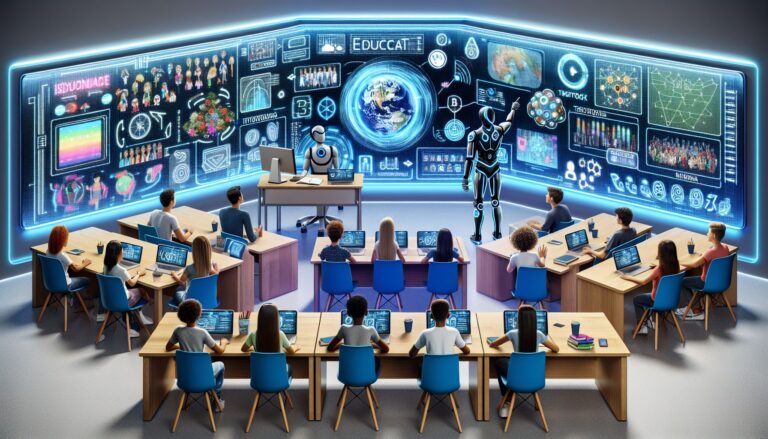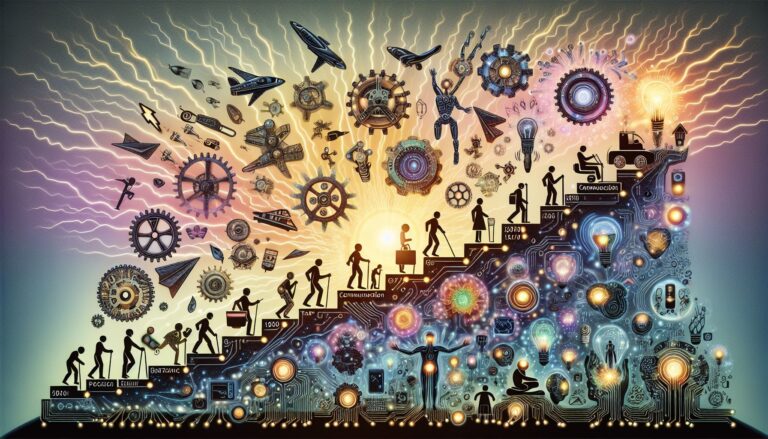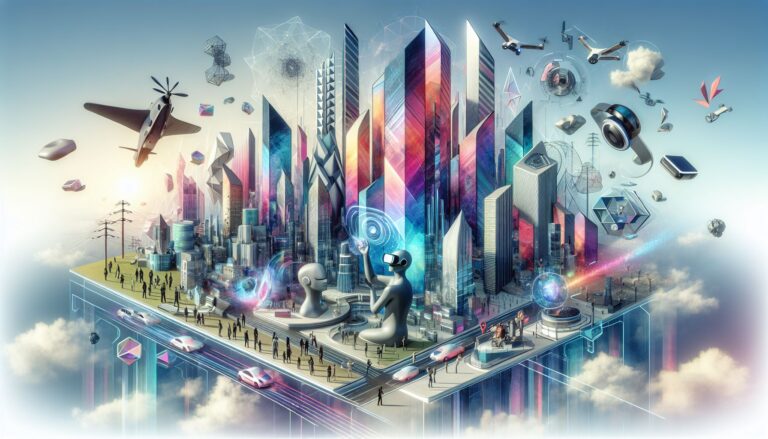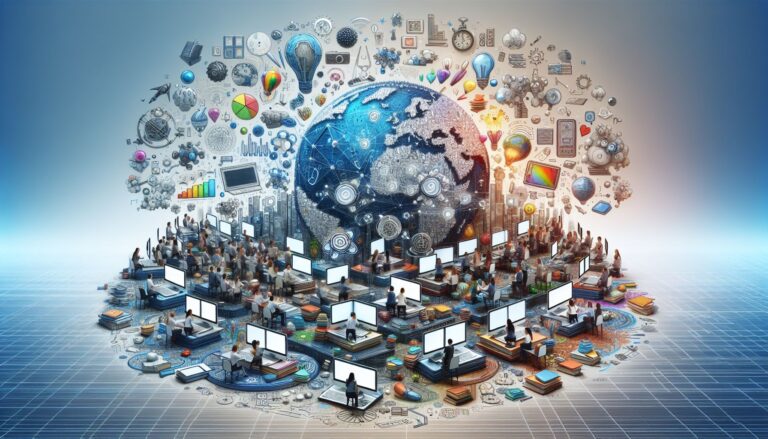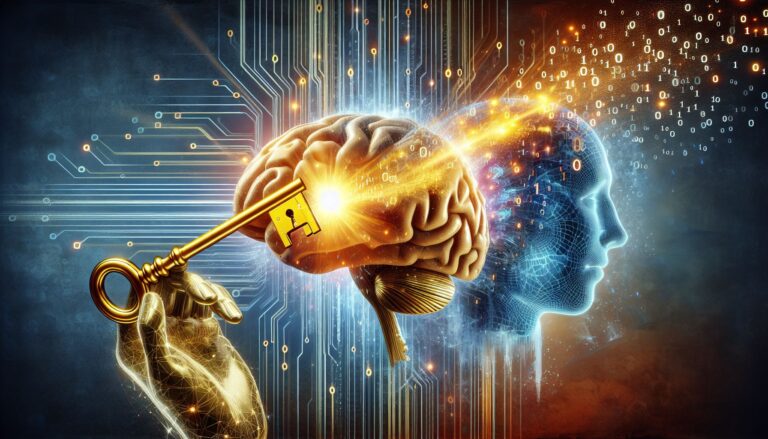In a world where technological advancements emerge at the speed of light, it is crucial to pause and reflect on how these innovations are intricately weaving into the fabric of our society. As the digital era progresses, the fusion of machine intelligence with human endeavor has set the stage for a transformative epoch. Not only do cutting-edge technologies like Artificial Intelligence (AI), Internet of Things (IoT), and Quantum Computing redefine industries, they also challenge our ethical compass and ask us to reevaluate societal norms.
 The societal impact of groundbreaking technologies cannot be overstated. AI systems are now diagnosing diseases with a precision that rivals seasoned medical practitioners. Autonomous vehicles poised to dominate our roadways promise a reduction in traffic fatalities but bring forth questions about decision-making in life-threatening situations. The IoT landscape presents a symphony of interconnected devices that can streamline our lives but at the potentially steep price of privacy. Each innovation brings a tapestry of benefits and consequences, painting a dualistic picture of progress.
The societal impact of groundbreaking technologies cannot be overstated. AI systems are now diagnosing diseases with a precision that rivals seasoned medical practitioners. Autonomous vehicles poised to dominate our roadways promise a reduction in traffic fatalities but bring forth questions about decision-making in life-threatening situations. The IoT landscape presents a symphony of interconnected devices that can streamline our lives but at the potentially steep price of privacy. Each innovation brings a tapestry of benefits and consequences, painting a dualistic picture of progress.
An ethical quandary surfaces as AI begins to surpass human capabilities in specific domains. The concept of machine morality is at its infancy, and there is fervent debate over the development of algorithms that could make autonomous ethical decisions. Should an AI prioritize the life of a pedestrian over its passengers? Can we encode empathy into lines of code? These questions are not just theoretical; they demand attention now, as the answers will steer the future trajectory of our relationship with technology.
Furthermore, the rapid technological revolution has birthed the era of Big Data, where every online action generates information that feeds into vast, inscrutable databases. The commodification of personal data has ignited discussions about ownership, consent, and the right to digital oblivion. Balancing the boon of hyper-connectivity with the sanctity of individual privacy stands as one of our generation’s most defining challenges.
Emerging tech trends like blockchain present novel solutions to some of these ethical conundrums. By affording transparency and security, blockchain technology could democratize data and return control to the individual. However, this technological enigma also enables cryptocurrencies, which, while revolutionary, have spawned a wild-west digital economy fraught with volatility and occasionally underpinning illicit transactions.
The escalating integration of tech in our lives has inflamed the digital divide, raising concerns about equitable access to future opportunities. The chasm between the technologically privileged and the disconnected underprivileged widens as jobs and services become increasingly digitized. Bridging this gap requires conscientious policy and inclusive technology design that prioritizes accessibility as much as innovation.
In conclusion, as we straddle the threshold of a new digital realm, we must tread with foresight and responsibility. The innovations at our fingertips hold immense potential to heal, to connect, and to elevate our collective existence. Yet, they also implore us to safeguard the core of what makes us human: our ability to choose, to empathize, and to act ethically. Ultimately, the future of education and learning will not only involve the knowledge we impart but also the values we instill – the keystones of a society as fluent in ethics as it is in technology. The conversation about what learning might look like in the years to come goes beyond digital tools and platforms; it is about cultivating a generation capable of wielding technology with wisdom and humanity.

